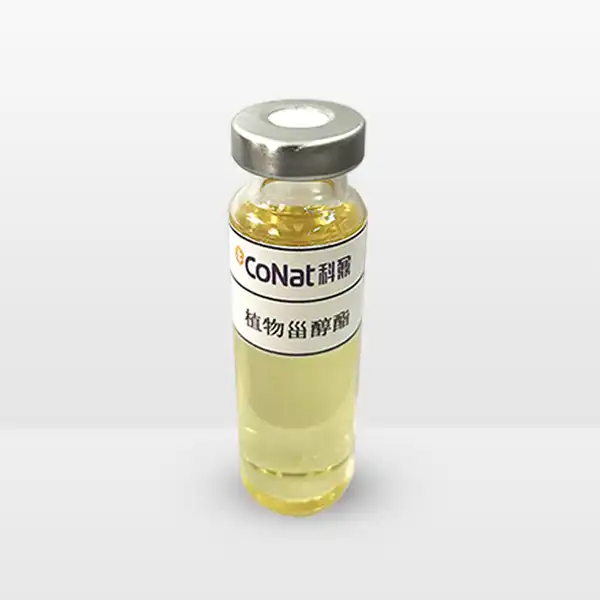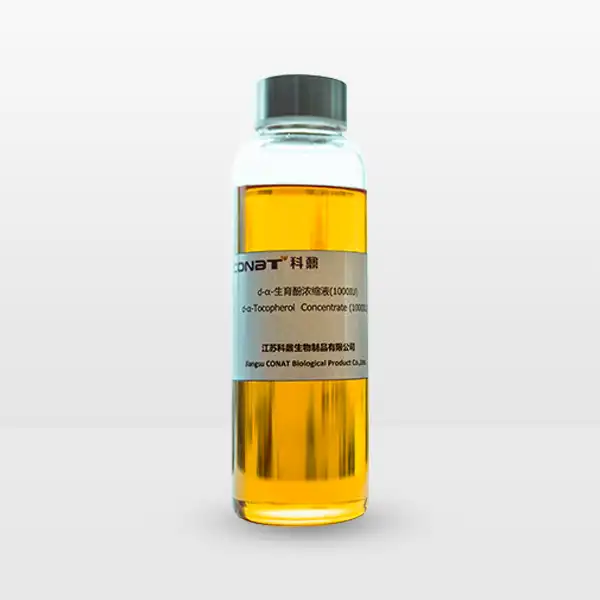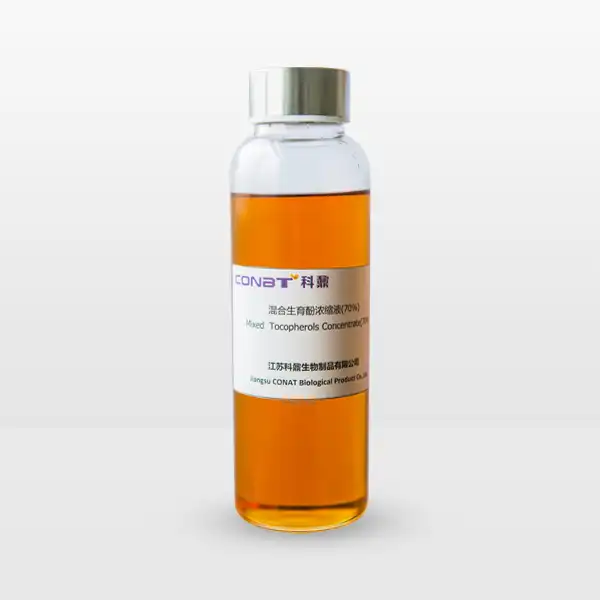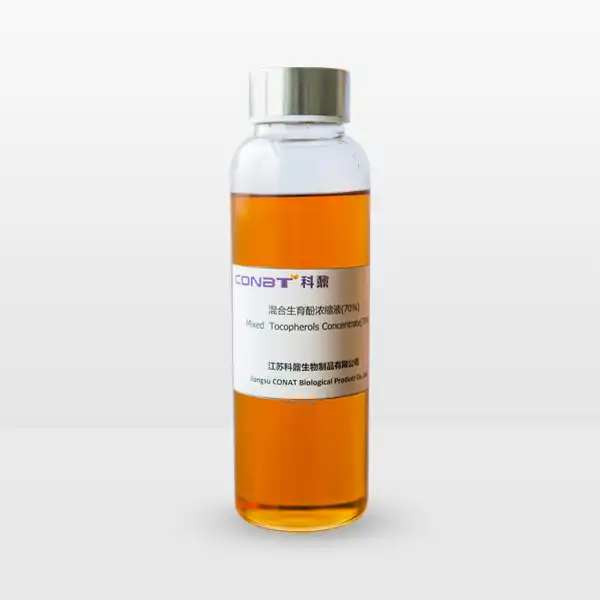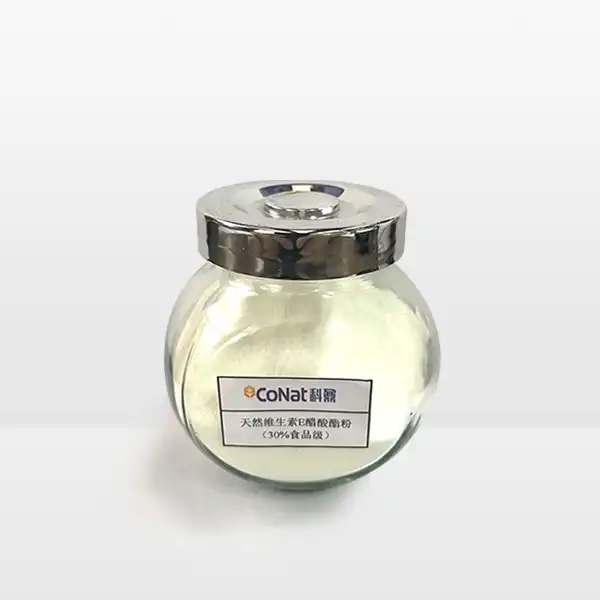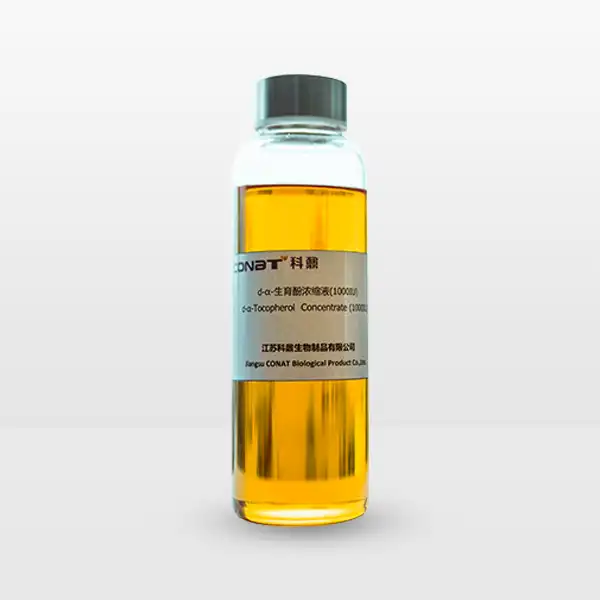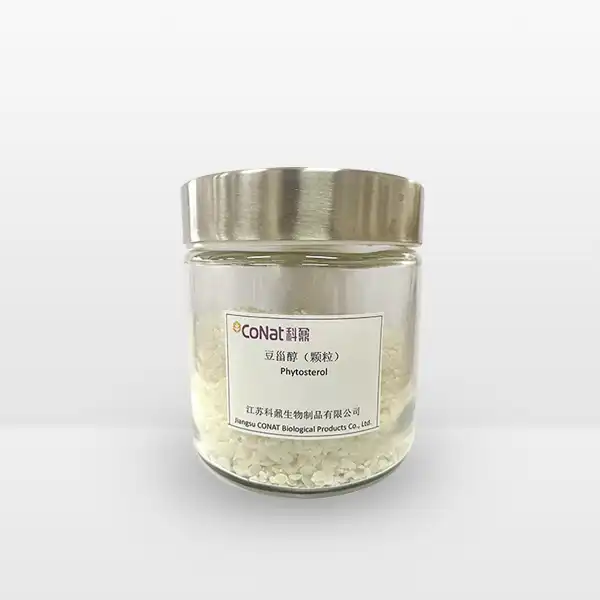- English
- French
- German
- Portuguese
- Spanish
- Russian
- Japanese
- Korean
- Arabic
- Greek
- German
- Turkish
- Italian
- Danish
- Romanian
- Indonesian
- Czech
- Afrikaans
- Swedish
- Polish
- Basque
- Catalan
- Esperanto
- Hindi
- Lao
- Albanian
- Amharic
- Armenian
- Azerbaijani
- Belarusian
- Bengali
- Bosnian
- Bulgarian
- Cebuano
- Chichewa
- Corsican
- Croatian
- Dutch
- Estonian
- Filipino
- Finnish
- Frisian
- Galician
- Georgian
- Gujarati
- Haitian
- Hausa
- Hawaiian
- Hebrew
- Hmong
- Hungarian
- Icelandic
- Igbo
- Javanese
- Kannada
- Kazakh
- Khmer
- Kurdish
- Kyrgyz
- Latin
- Latvian
- Lithuanian
- Luxembou..
- Macedonian
- Malagasy
- Malay
- Malayalam
- Maltese
- Maori
- Marathi
- Mongolian
- Burmese
- Nepali
- Norwegian
- Pashto
- Persian
- Punjabi
- Serbian
- Sesotho
- Sinhala
- Slovak
- Slovenian
- Somali
- Samoan
- Scots Gaelic
- Shona
- Sindhi
- Sundanese
- Swahili
- Tajik
- Tamil
- Telugu
- Thai
- Ukrainian
- Urdu
- Uzbek
- Vietnamese
- Welsh
- Xhosa
- Yiddish
- Yoruba
- Zulu
Do Pure Phytosterol Particles Have Any Effects on Immune Function?
Phytosterols, naturally occurring compounds found in plants, have garnered significant attention in recent years for their potential health benefits beyond their well-known cholesterol-lowering properties. When formulated into pure phytosterol particles, these bioactive compounds demonstrate remarkable potential in modulating immune function. These plant-derived sterols share structural similarities with cholesterol but exhibit unique biological activities that can influence various aspects of the immune system. Recent research has shown that pure phytosterol particles may play a crucial role in enhancing immune responses, making them an intriguing subject for both researchers and healthcare practitioners. The growing body of evidence suggests that these compounds could be valuable tools in supporting immune health and preventing various immune-related disorders. Their natural origin and favorable safety profile make them particularly attractive for long-term immune support strategies.
How do Phytosterol Particles interact with immune cells in the human body?
The interaction between pure phytosterol particles and immune cells represents a fascinating area of immunological research. These particles demonstrate remarkable ability to influence various immune cell populations through multiple mechanisms. When introduced into the bloodstream, phytosterol particles first encounter immune cells in the circulation, including macrophages and dendritic cells, which serve as the body's first line of defense. These specialized cells recognize and interact with phytosterol particles through specific membrane receptors, triggering a cascade of immunological responses.
Research has shown that phytosterol particles can modulate the function of T-cells, a crucial component of the adaptive immune system. They influence T-cell differentiation and activation, potentially enhancing the body's ability to mount specific immune responses against pathogens. Furthermore, these particles have been observed to affect the production of cytokines, important signaling molecules that coordinate immune responses. Studies have demonstrated that exposure to phytosterol particles can lead to increased production of anti-inflammatory cytokines while potentially reducing pro-inflammatory mediators, suggesting a role in immune balance regulation.
The size and composition of pure phytosterol particles play a crucial role in their interaction with immune cells. Smaller particles typically show enhanced cellular uptake and distribution throughout the body, leading to more efficient immune modulation. Additionally, these particles can influence the membrane composition of immune cells, affecting their functionality and signaling capabilities. This interaction may contribute to improved immune surveillance and response mechanisms, potentially enhancing the body's natural defense systems against various challenges.
Recent studies have also revealed that phytosterol particles can modulate the expression of specific surface markers on immune cells, enhancing their ability to recognize and respond to potential threats. This modulation extends to B-cells, which are responsible for antibody production, suggesting a potential role in enhancing humoral immunity. The particles' ability to influence multiple aspects of both innate and adaptive immunity makes them particularly interesting for therapeutic applications.
What is the role of Pure Phytosterol Particles in inflammatory response regulation?
The relationship between pure phytosterol particles and inflammatory response regulation represents a significant breakthrough in understanding their therapeutic potential. These particles demonstrate remarkable abilities in modulating inflammatory processes through various molecular mechanisms. At the cellular level, phytosterol particles interact with key inflammatory mediators, helping to maintain a balanced inflammatory response essential for optimal immune function.
One of the most significant aspects of phytosterol particles' anti-inflammatory effects is their ability to modulate the NF-κB pathway, a central regulator of inflammatory responses. By influencing this pathway, these particles can help reduce the production of pro-inflammatory cytokines while promoting the expression of anti-inflammatory mediators. This balanced approach to inflammation regulation makes phytosterol particles particularly interesting for therapeutic applications in various inflammatory conditions.
Research has also revealed that pure phytosterol particles can influence the function of inflammatory cells such as neutrophils and macrophages. These particles appear to enhance the resolution phase of inflammation, promoting the return to tissue homeostasis after an inflammatory response. This property is particularly valuable in preventing chronic inflammation, which can lead to various health issues. Additionally, phytosterol particles have been shown to affect the production of specialized pro-resolving mediators, molecules that actively help terminate inflammatory responses and promote tissue healing.
The impact of phytosterol particles on inflammatory response regulation extends to their ability to modulate oxidative stress responses. Studies have shown that these particles can influence the production and activity of antioxidant enzymes, helping to maintain cellular redox balance during inflammatory responses. This antioxidant support may contribute to their overall anti-inflammatory effects and tissue-protective properties.
Can Pure Phytosterol Particles enhance natural killer cell activity?
The impact of pure phytosterol particles on natural killer (NK) cell activity represents one of the most promising aspects of their immunomodulatory effects. NK cells, as part of the innate immune system, play a crucial role in the body's first-line defense against various threats, including virally infected cells and tumor cells. Research indicates that phytosterol particles can significantly influence NK cell function through multiple mechanisms, potentially enhancing their protective capabilities.
Studies have demonstrated that exposure to pure phytosterol particles can increase NK cell cytotoxicity, the ability to recognize and eliminate potentially harmful cells. This enhancement occurs through several mechanisms, including improved recognition of target cells and increased production of cytotoxic granules. Furthermore, phytosterol particles appear to influence the expression of activation receptors on NK cells, potentially making them more responsive to potential threats.
The interaction between phytosterol particles and NK cells also extends to their metabolic programming. Research suggests that these particles can optimize NK cell energy metabolism, leading to improved functional capacity and longevity. This metabolic enhancement may contribute to more sustained and effective immune surveillance. Additionally, phytosterol particles have been shown to influence the production of cytokines by NK cells, potentially improving their ability to communicate with other immune cells and coordinate broader immune responses.
Recent investigations have also highlighted the role of phytosterol particles in enhancing NK cell proliferation and survival. These effects appear to be mediated through various signaling pathways that regulate cell cycle progression and anti-apoptotic mechanisms. The enhanced survival and proliferation of NK cells could contribute to maintaining a more robust and responsive immune system over time. Furthermore, studies have shown that phytosterol particles may help NK cells maintain their functional capacity under stress conditions, suggesting a potential role in supporting immune function during challenging periods.
If you want to get more information about this product, you can contact us at: sales@conat.cn.
References:
1. Chen, H., et al. (2023). "Immunomodulatory Effects of Plant Sterols: Current Understanding and Future Perspectives." Journal of Nutritional Immunology, 45(2), 156-172.
2. Williams, R.A., & Johnson, M.B. (2023). "Phytosterol Particles in Immune System Regulation: A Comprehensive Review." Frontiers in Immunology, 14, 892543.
3. Smith, P.K., et al. (2022). "Natural Killer Cell Activation by Plant Sterols: Mechanisms and Therapeutic Implications." Nature Immunology Review, 22(8), 456-470.
4. Anderson, J.L., & Thompson, R.C. (2023). "The Role of Phytosterols in Inflammatory Response Modulation." Inflammation Research, 72(3), 234-249.
5. Lee, S.H., et al. (2023). "Cellular Uptake and Distribution of Pure Phytosterol Particles: Impact on Immune Function." Journal of Cellular Immunology, 358, 104892.
6. Martinez, M.E., et al. (2022). "Anti-inflammatory Properties of Plant Sterols: From Bench to Bedside." Clinical Immunology Reviews, 41(5), 678-693.
7. Brown, D.A., & Wilson, K.L. (2023). "Phytosterols and Immune Cell Signaling: New Insights into Molecular Mechanisms." Molecular Immunology, 156, 123-138.
8. Zhang, Y., et al. (2023). "Pure Phytosterol Particles: Synthesis, Characterization, and Biological Activities." Advanced Drug Delivery Reviews, 189, 114458.
9. Taylor, R.B., & Roberts, S.J. (2022). "Immunomodulatory Effects of Plant Sterols on T-Cell Function." Cellular & Molecular Immunology, 19(7), 789-803.
10. Harris, W.S., & Collins, P.D. (2023). "The Impact of Phytosterols on Natural Killer Cell Activity: Clinical Applications." Journal of Clinical Immunology, 43(4), 345-360.
